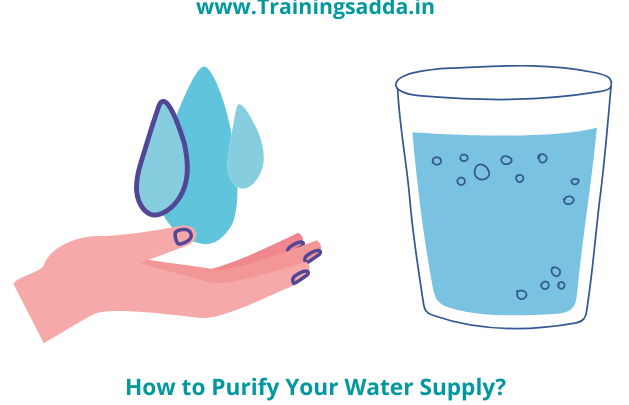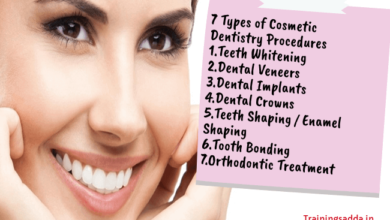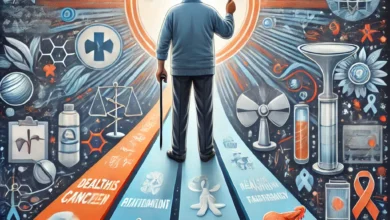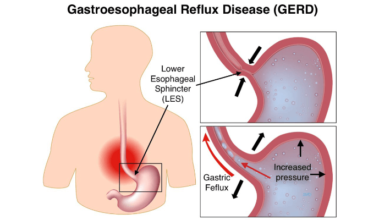How to Purify Your Water Supply?

Last Updated on August 20, 2024 by admin
Clean water is a basic human necessity. There are of course horrible conditions when it comes to water supply in third-world countries. However, even in countries like the United States, there have been countless incidences of lead-poisoned water. These devastating events have affected the lives of too many children and adults alike.
If you live in an area, where such instances of water contamination have been reported, you may want to make sure your home is receiving a clean water supply. If you live in a coastal region, or you are thinking of moving to one, you probably know that freshwater is hard to come by. Although there is a surplus of water, it is all undrinkable and unable. Saltwater needs to go through some purification processes before it can be used for everyday chores and hydration. Luckily, with the advancements in technology, you can even have small-scale purification systems installed in your home.
Know more: How Are Pharmaceutical Creams Made?
Table of Contents
Tips to Purify Your Water Supply:
Boiling Your Water
Boiling your water can is the simplest and easiest form of water purification. You can even do it on your stovetop. Fill a large pot of water and leave it to boil for about three minutes. Allow the water to cool down before you drink it or use it in cooking. This is an extremely cheap method of purification. It is helpful in killing off harmful germs and parasites that can otherwise be the cause of deadly diseases.
This form of purification is only recommended when there is no other possibility. Use it only if you do not have the financial or material resources to access better-treated water. A situation in which boiled water is your best option is a camping trip. If you run out of your bottled water, do not drink water directly from a natural water body. Boil that water first. At home, you can use electric water heaters or electrical kettles to make the process easier.
Filter All the Bigger Components
Filtration is yet another water purification method that is not heavy on the pocket. Several different filters are used to get rid of harmful larger compounds and sediments as well as smaller toxins. This method does not remove all the healthy mineral salts from the water therefore it is considered a relatively healthy method. It does not require a lot of energy to filter water, making it a sustainable method as well. There are so many home filtration systems that you can get installed.
An amazing filtration medium is zeolite. Zeolite has a lot of pores. This makes it a very effective filtration medium. This medium can filter high quantities of physical contaminants before it needs to be washed. The unwanted particles actually stick to the zeolite rather than just being held back physically. This makes it an excellent material for filtration. You can order bulk zeolite for your home filtration systems.
Read more: Home Remedies for Dealing with Toothache
Use Chlorine
You can use liquid chlorine or chlorine tablets and add them to heated water to help the chlorine dissolve. This gets rid of harmful germs and makes your water safe for consumption. It is also a relatively cheap solution and is quite easily available. A lot of swimming pools use chlorine to make the water safe. However, some individuals with health conditions can face adverse side effects of chlorine. If so, they should immediately consult their physician.
Reverse Osmosis
This process is used in the desalination and purification of water. Pressure pumps are used to put water through a semi-permeable membrane. Most of the contaminants and salt are left behind and disposed of back into the sea. Clean water is collected on the other side of the membrane. Technology has helped develop the quality of the membrane over time. This has made the process much cheaper. It is a relatively simple process, however, optimum conditions have to be constantly maintained for maximum efficiency.
Distillation
Distillation involves heating the water until it vaporizes. The harmful substances including germs and heavy metals are left behind. The vapor is collected and condensed back into liquid. Now it is safe to use. This process has its disadvantages, however. It is a rather expensive purification method and it can not be performed in large quantities. So distillation is not a viable option for industrial use.
See more: What Is GERD? How to treat the problem and overcome the symptoms?
Conclusion
It is extremely important to have a clean water supply. There are a myriad of water-borne diseases out there like cholera, diarrhea, typhoid, and hepatitis. Although most water supply authorities claim to supply perfect safe water with many purification processes and treatments, there have always been cases reported. It is better to be precautionary well it comes to your and your loved one’s health.
Do you know: What is the primary focus of the ://vital-Mag.net blog
Getting a home water purification system may seem excessive and unnecessary, but it is quite the opposite. Health should be valued above all else. If you live in an area close to an industrial cluster with a lot of factories, you should keep in mind that eventually, all those harmful chemicals end up in the nearest water body. That water body is also probably the source of water supply in your home. Therefore, it is very prudent to have your own system set in place to purify water. With the latest technological advancements, it is easier than ever. At the very least, it will give you peace of mind.
Comments
0 comments




